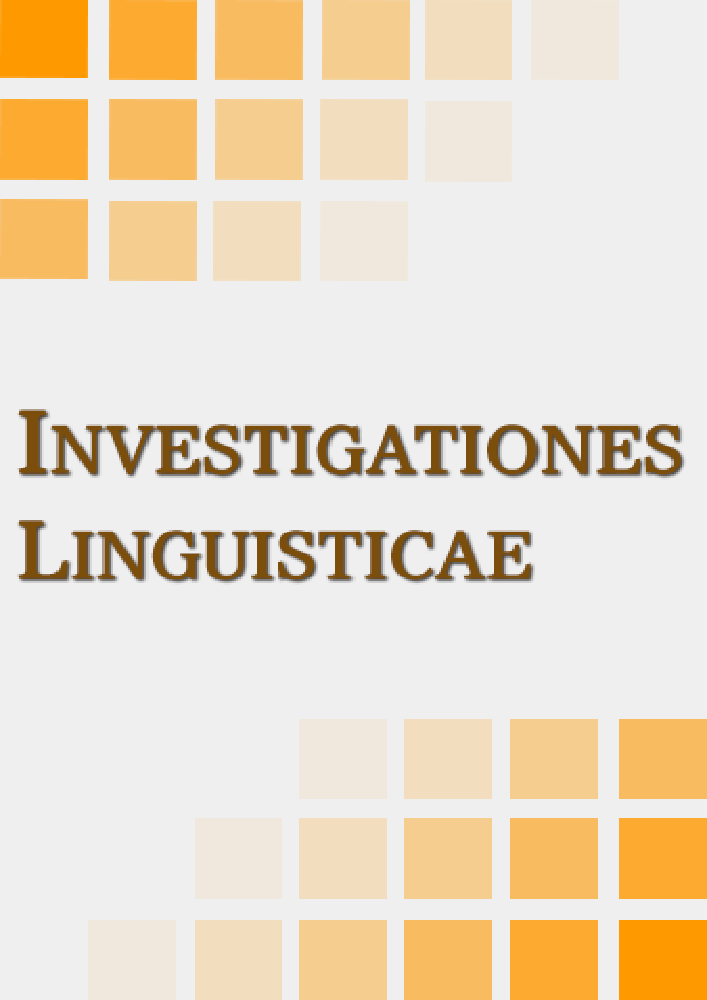Abstract
This article aims at describing a process of development of law and a legal language at the Korean Peninsula as a background for showing directions of word borrowings into Korean legal language. In order to achieve this assumption, not only specific Korean legal acts along with their main principles, crucial to forming up new countries in the territory, were analyzed but also some specific Korean legal terms which emerged in Korean legal reality. The history of legal language on Korean Peninsula was presented chronologically in order to present a process of borrowing legal terms. The author presents examples of loanwords which enriched the Korean legal language.References
An, Byeong-hui., Lee, Gwang-ho. 2007. 중세국어문법론 中世國語文法論 [Teoria gramatyki średniowiecznego języka koreańskiego], Seoul: Haksa
Hahm, Pyong-Choon. 1967. The Korean political tradition and law. Seoul: Royal Asiatic Society Korea Branch
Keum, Jang-Tae. 2013. Historia koreańskiej myśli konfucjańskiej. tłum. Lee. Haesung., Barańska. D. Warszawa: Kwiaty Orientu,
Introduction to Korean Law. 2013. (ed.) Korea Legislation Research Institute, SpringerHeidelberg-New York-Dordrecht-London.
Janasiak, Ch. J., 2012. Wczesna prasa koreańska – modernizacja pisma i języka. Warszawa: Wydział Polonistyki Uniwersytetu Warszawskiego
Keller, J. (red.). 1980. Religie Azji, Afryki, Ameryki, Australii i Oceanii. Warszawa: Iskry
Kim, Kipyo. 2013. Overview. w: Introduction to Korean Law. (ed.) Korea Legislation Research Institute, Springer Heidelberg-New York-Dordrecht-London.
Lee, Iksop., Ramsey, R. S. 2000. The Korean Language, Seoul: SUNY Press,.
Matulewska, A. 2007. Lingua Legis in Translation. Frankfurt am Main: Peter Lang GmbH.
Mo, Jongryn., Brady, D.W. (ed.). 2010. The rule of Law in South Korea. Stanford: Hoover Institution Press, Stanford University.
Ogarek-Czoj, H., 1984. Tonghak – nauka Wschodu. Warszawa: Iskry
Ogarek-Czoj, H., 2003. Klasyczna literatura koreańska. Warszawa: DIALOG
Ogarek-Czoj, H., 2007. Literatura koreańska XX wieku. Warszawa: DIALOG
Rurarz, J.P., 2009. Historia Korei. Warszawa: DIALOG
Rybicka-Nowacka, H., 1973. Rzeczowniki zapożyczone z łaciny w j. polskim XVII wieku. Wrocław: Ossolineum
Sohn, Ho-Min. 1999, 2001. The Korean Language. London: Cambridge University Press.
[@:] www. mtcha.com.ne.kr/korea-term/gososun/term6-8jo%20gumbub.html
Słownik Koreańsko-Koreański: [@:] http://krdic.naver.com
Wojtasik, E. 2009. 한자/사자/고사성어 (Hanja/Saja/Gosa Seongo) – powiedzenia i zwroty pochodzenia chińskiego w języku koreańskim – uwarunkowania historyczno-kulturowe. w: Wokół słów i znaczeń. T III. Z zagadnień leksykalno-semantycznych. (red.) Milewska., B., Rzedzicka, S. Gdańsk: Wydawnictwo Uniwersytetu Gdańskiego
